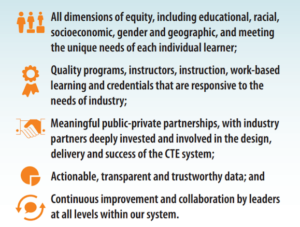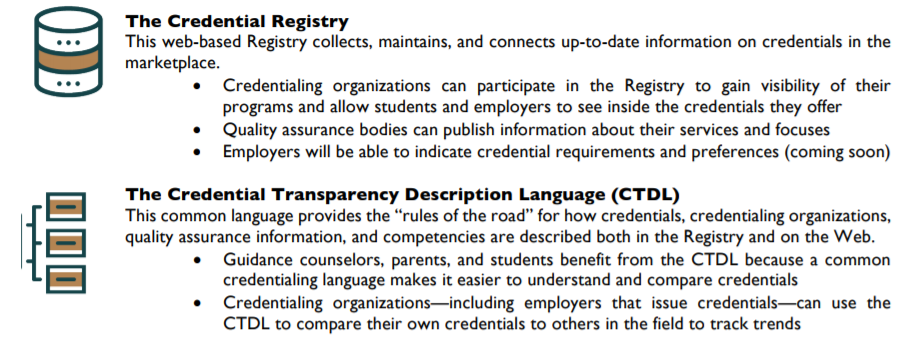While stakeholders across the Career Technical Education (CTE) continuum celebrate CTE Month®, Advance CTE will join in the celebration by uplifting Career Technical Student Organization (CTSO) student leaders and their national advocacy weeks.
These organizations are a powerful model for learner-centered and learner-led education, and Advance CTE is pleased to be joined by seven national CTSOs in supporting the national vision for CTE. Without Limits: A Shared Vision for the Future of Career Technical Education (CTE Without Limits) places CTE as the catalyst for achieving a cohesive career preparation ecosystem that is responsive to each learner’s needs for college and career success.
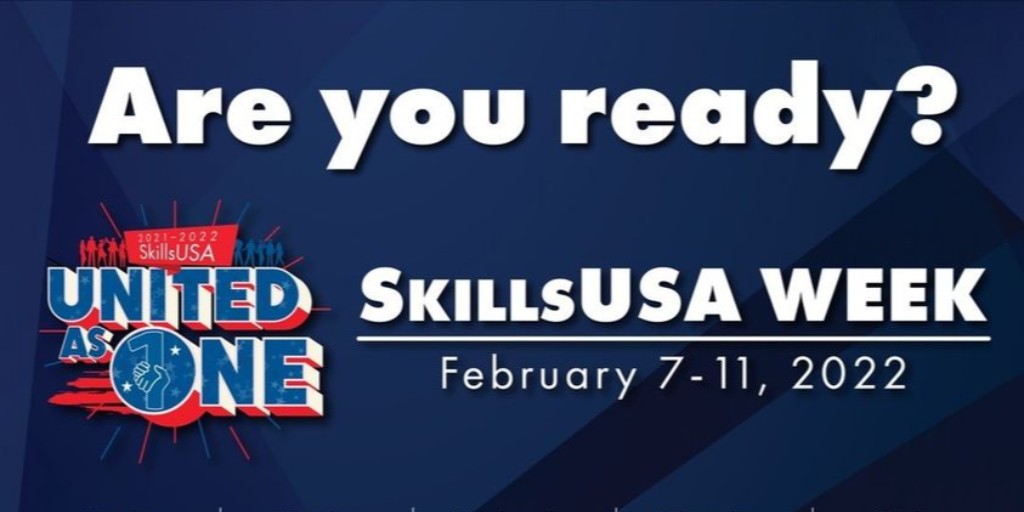 Throughout February, the This Week in CTE blog series will highlight the activities of several CTSOs and their alignment with the five interconnected principles of CTE Without Limits. Today, we highlight National SkillsUSA, who celebrated their national week February 7-11, 2022, with the theme “United as One” and social hashtag #SkillsUSAWeek.
Throughout February, the This Week in CTE blog series will highlight the activities of several CTSOs and their alignment with the five interconnected principles of CTE Without Limits. Today, we highlight National SkillsUSA, who celebrated their national week February 7-11, 2022, with the theme “United as One” and social hashtag #SkillsUSAWeek.
Each learner engages in a cohesive, flexible and responsive career preparation ecosystem
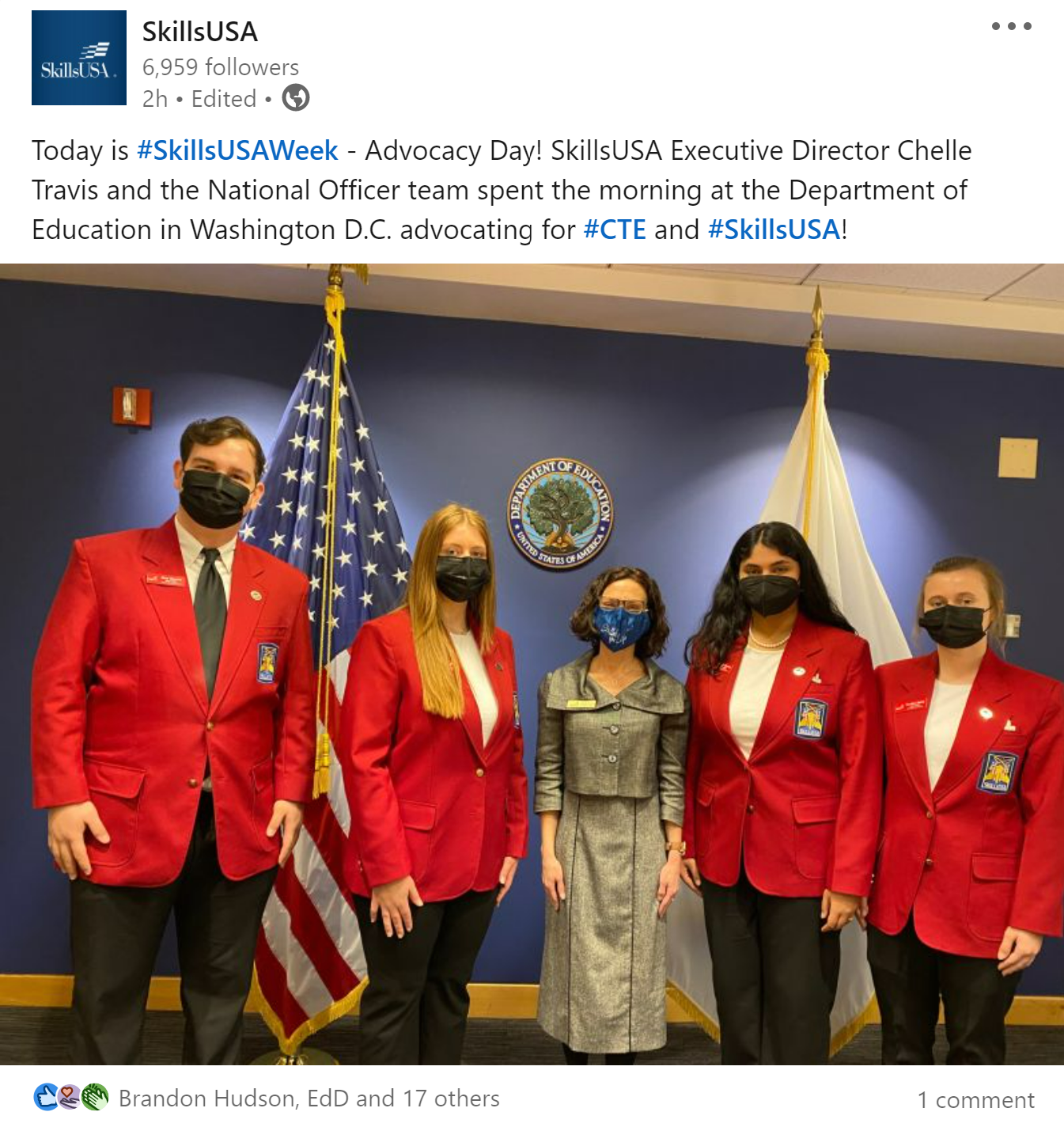 On Recognition Day, SkillsUSA took to social media to recognize and honor members, advisors, administrators, business partners, community leaders and supporters who are impactful in the career preparation ecosystem and within their local SkillsUSA chapters. Honorees were presented with a SkillsUSA Certificate of Appreciation.
On Recognition Day, SkillsUSA took to social media to recognize and honor members, advisors, administrators, business partners, community leaders and supporters who are impactful in the career preparation ecosystem and within their local SkillsUSA chapters. Honorees were presented with a SkillsUSA Certificate of Appreciation.
Each learner feels welcome in, is supported by and has the means to succeed in the career preparation ecosystem
On Advocacy Day, National SkillsUSA officers advocated for policies that are inclusive of CTE and career readiness opportunities for all learners at the U.S. Department of Education.
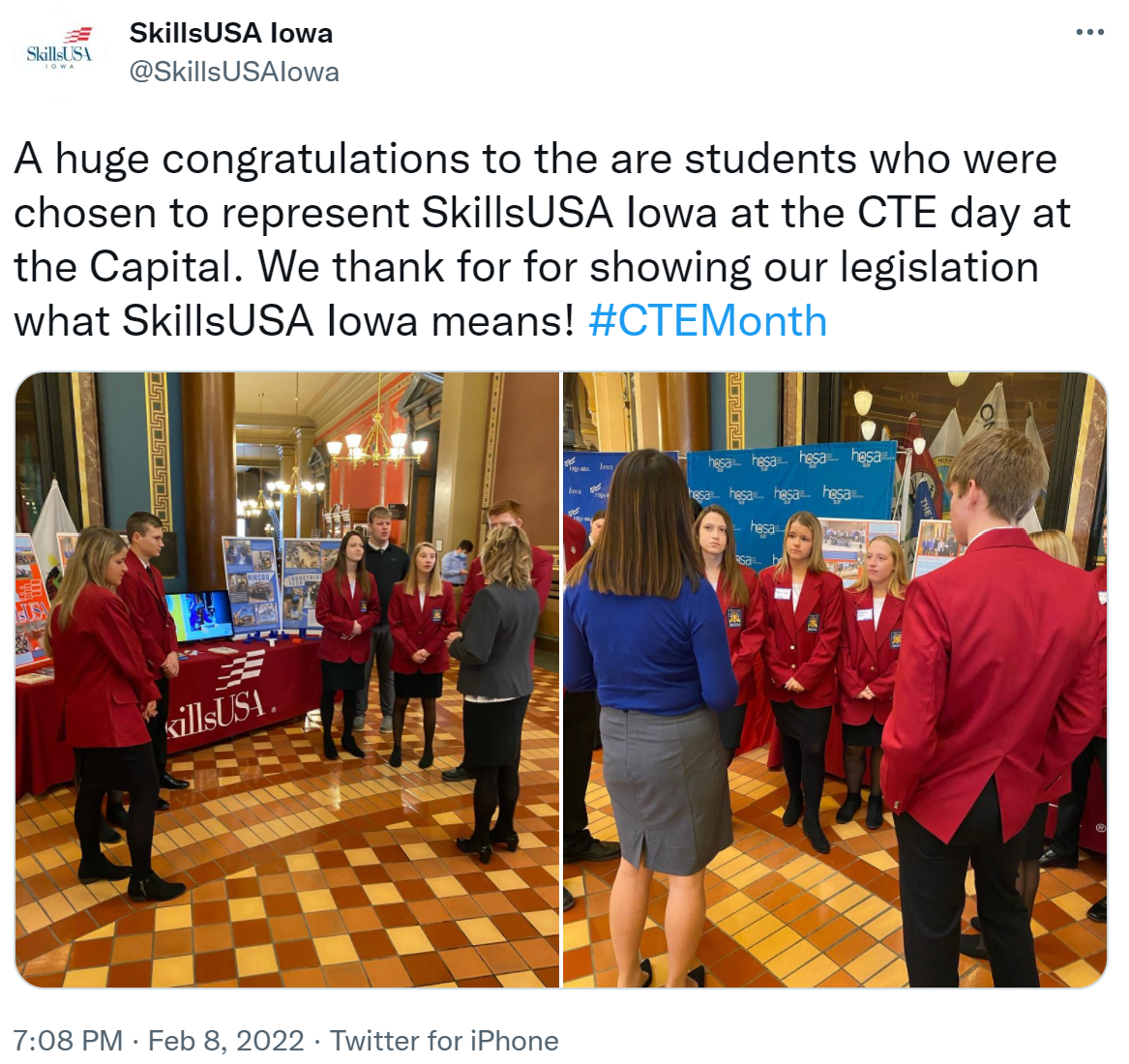 Complementing national advocacy efforts by the CTSO, many SkillsUSA state associations hosted their own CTE Days on Capitol Hill, as seen by SkillsUSA Iowa.
Complementing national advocacy efforts by the CTSO, many SkillsUSA state associations hosted their own CTE Days on Capitol Hill, as seen by SkillsUSA Iowa.
Each learner skillfully navigates their own career journey
In California, Dinuba High School’s SkillsUSA Advisor Nikki Gerner is highlighted for keeping real-world skill building at the core of her instruction for learners. During the 2021 school year, despite the challenges of remote learning, membership at Dinuba increased from 150 to more than 450 active members. New chapter members gained access to the SkillsUSA Framework to make informed decisions while navigating the career preparation ecosystem.
View this video to learn more about Gerner and her impact on the learners she teaches.
Each learner’s skills are counted, valued, and portable
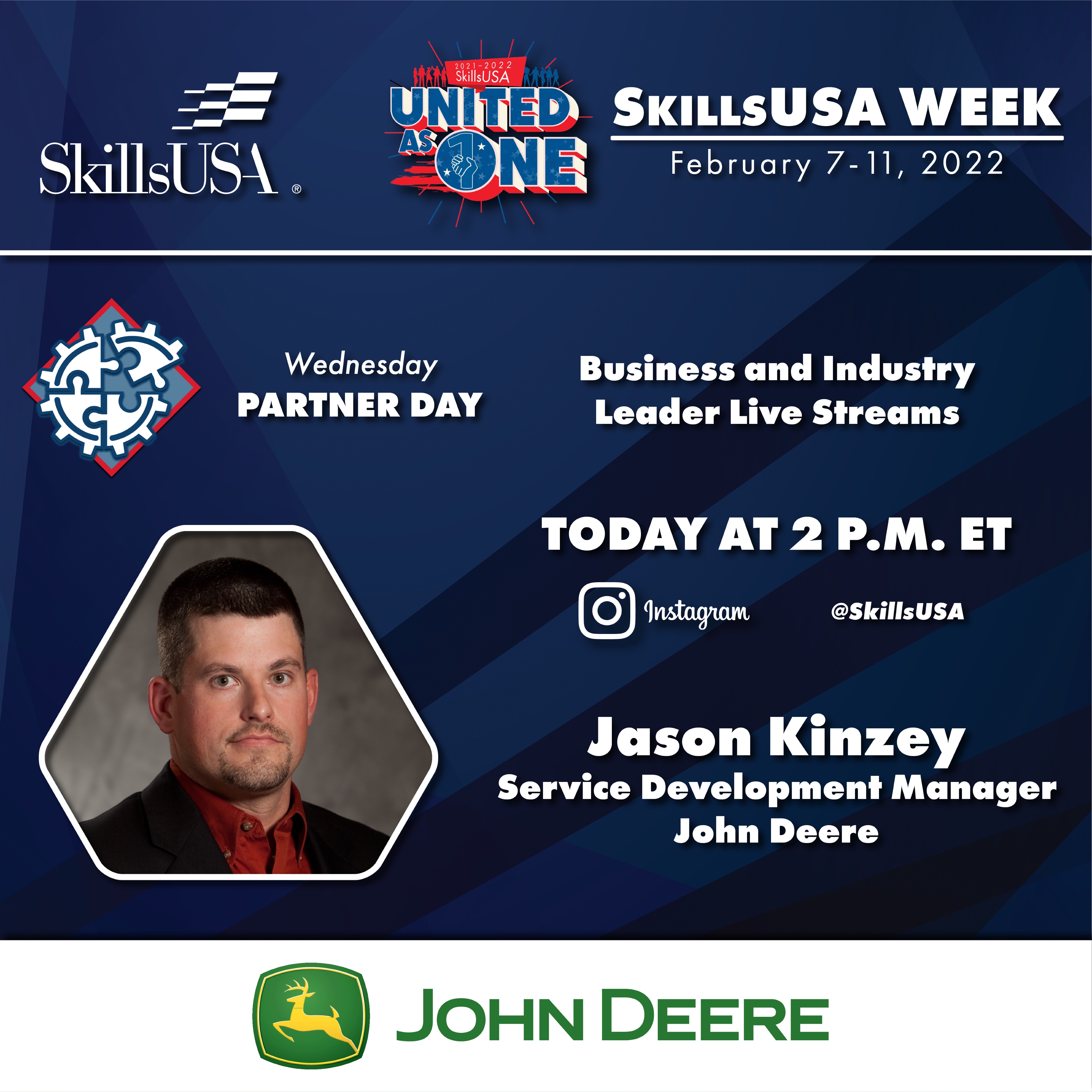 On Partner Day, National SkillsUSA asked state associations and local chapters to connect with partners in their communities. National SkillsUSA hosted a live interactive session for CTSO members to engage with business and industry leaders. Learners were able to hear what it means to be workforce ready and which skills are valued by employers that ultimately lead to career success in their respective industries.
On Partner Day, National SkillsUSA asked state associations and local chapters to connect with partners in their communities. National SkillsUSA hosted a live interactive session for CTSO members to engage with business and industry leaders. Learners were able to hear what it means to be workforce ready and which skills are valued by employers that ultimately lead to career success in their respective industries.
Each learner can access CTE without borders
National SkillsUSA has a free and accessible podcast for chapter members across the nation. The SkillsUSA podcast focuses on delivering basic “how to” information for learners to be successful at skills competitions. View more on the podcast here.
Visit Advance CTE’s vision page for communication and implementation tools for state and local CTE leaders to bring CTE Without Limits to life.
If you would like to share how your CTE program or CTSO creates limitless opportunities for each learner in this blog series, please email Brittany Cannady, bcannady@careertech.org.
Brittany Cannady, Senior Associate for Digital Media


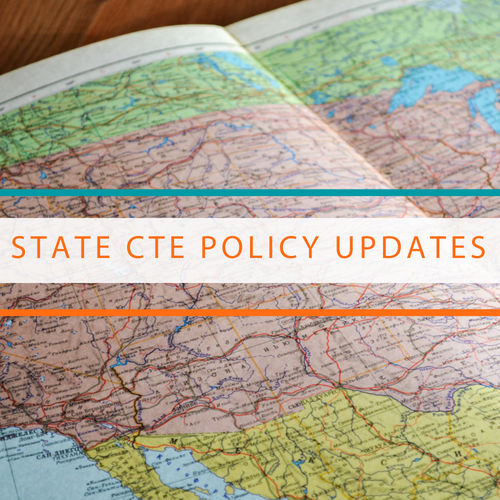 State education agencies, legislators and educators faced significant challenges from
State education agencies, legislators and educators faced significant challenges from 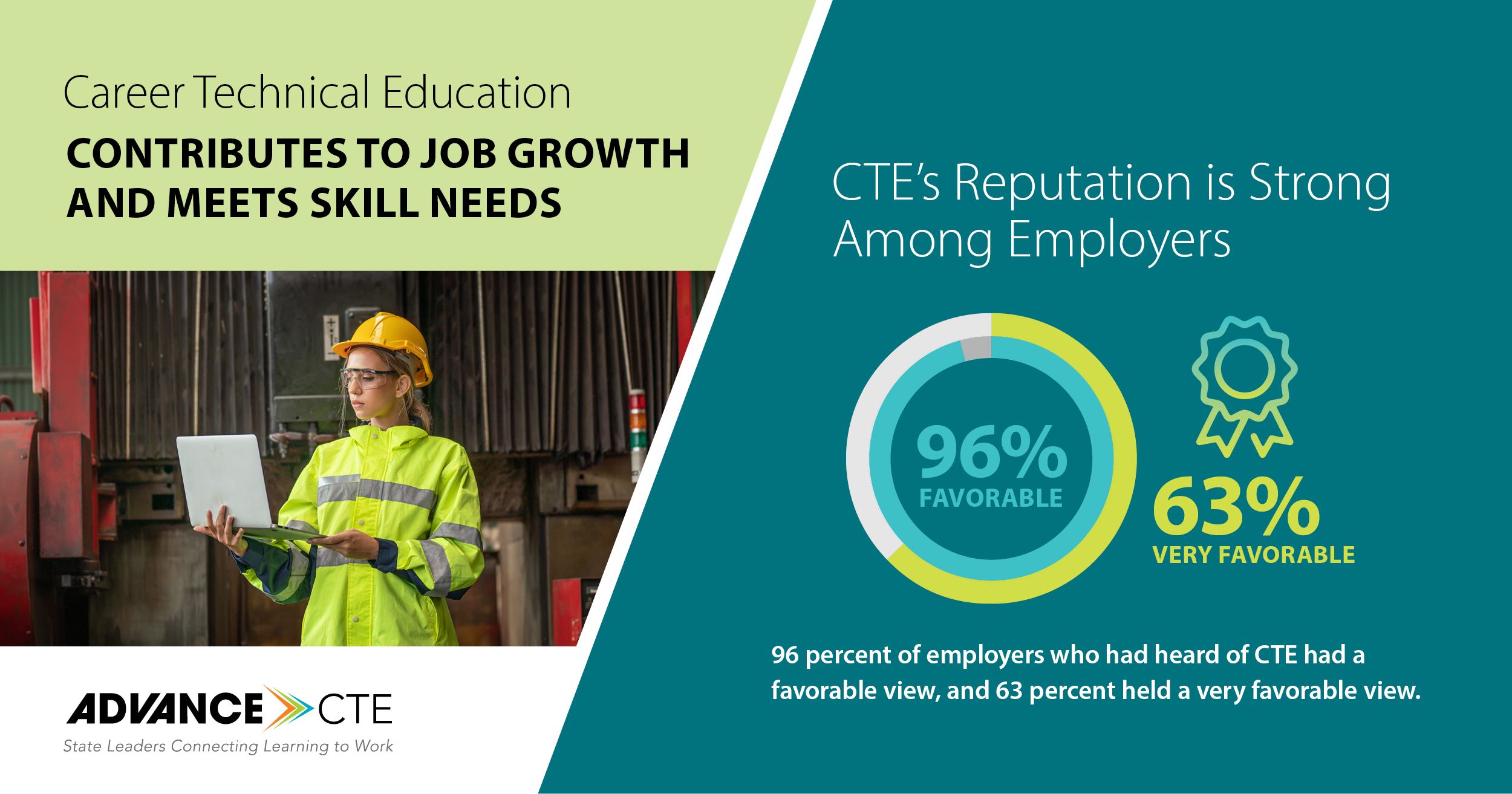 Today, Advance CTE released
Today, Advance CTE released 